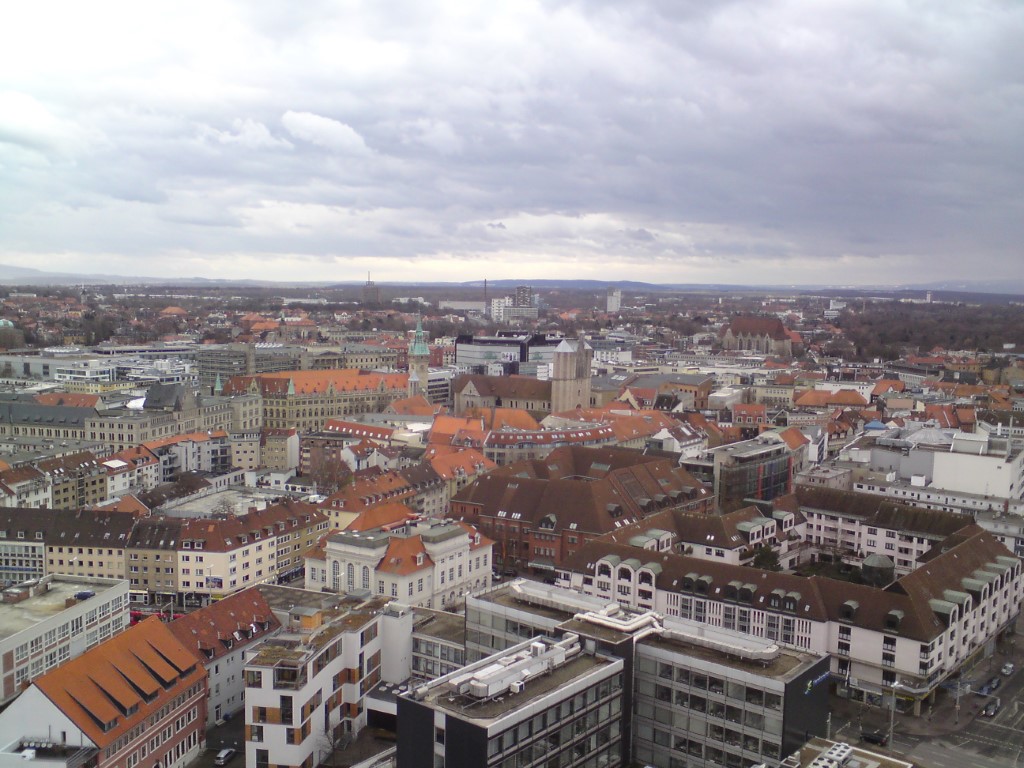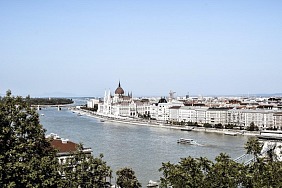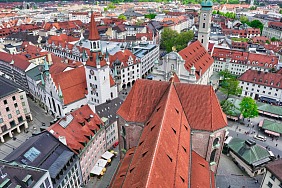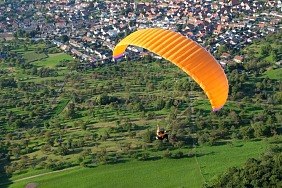Are you a tech-savvy individual looking for a work-life balance and the flexibility to work remotely? Sri Lanka's Digital Nomad Visa may be the perfect solution for you. This comprehensive guide will provide all the information you need to apply for the visa, as well as tips for making the most of your experience in Sri Lanka.
Overview of the Sri Lanka Digital Nomad Visa
The Sri Lanka Digital Nomad Visa is a one-year, renewable visa that allows tech-savvy professionals to work remotely in Sri Lanka. The visa is available for individuals who have a valid passport and have proof of income from a legitimate source.
To be eligible for the visa, applicants must have a valid passport from a country that is recognized by the Sri Lankan authorities. Applicants must also have proof of income from a legitimate source and must be able to prove that they have sufficient funds to cover their stay in Sri Lanka. Applicants must also be able to provide evidence of health insurance.
The visa is designed to provide remote professionals with the opportunity to live and work in Sri Lanka for up to one year. The visa is renewable, meaning applicants can apply for a renewal of the visa after one year.
Benefits of the Sri Lanka Digital Nomad Visa
The Sri Lanka Digital Nomad Visa provides many benefits for remote professionals. First and foremost, the visa provides the opportunity to live and work in Sri Lanka for up to one year. During that time, visa holders will be able to explore the country, experience its culture, and work remotely.
The visa also provides access to a community of like-minded professionals who are living and working in Sri Lanka. This can be a great way to network and develop professional relationships.
Finally, the visa also provides access to a range of resources that can help remote professionals get the most out of their experience in Sri Lanka. This includes access to coworking spaces, remote job opportunities, and career development opportunities.
Tips for Making the Most of Your Sri Lanka Digital Nomad Visa
Once you have obtained the Sri Lanka Digital Nomad Visa, there are several steps you can take to ensure you make the most of the experience. Here are a few tips to help you get started:
Set Clear Goals: Before you begin your journey, set clear goals for yourself. This will help ensure that you stay on track and make the most of your experience.
Find a Coworking Space: Coworking spaces are a great way to stay productive and make connections with other remote professionals. Look for a coworking space in your area that meets your needs.
Make Connections: Networking is an important part of the digital nomad experience. Connect with other digital nomads in your area and take advantage of the resources they can provide.
Stay Healthy: Working remotely can be challenging, so it’s important to stay healthy. Make sure to take breaks, get plenty of rest, and stay active.
Make Time for Yourself: Working remotely can be a lonely experience, so make sure to take time for yourself. Explore the area, find activities you enjoy, and spend time with friends.
Legal Considerations for the Sri Lanka Digital Nomad Visa
Before applying for the Sri Lanka Digital Nomad Visa, it’s important to consider the legal implications of working remotely in Sri Lanka. The visa does not provide any special legal protection, so it’s important to understand the local laws and regulations, as well as any tax implications. It’s also important to ensure that you comply with any visa conditions.
It’s also important to understand any local labor laws and regulations, as well as any restrictions on working remotely. It’s also important to ensure that you comply with local taxes and reporting requirements.
Conclusion
The Sri Lanka Digital Nomad Visa is a great opportunity for tech-savvy professionals looking for a work-life balance and the flexibility to work remotely. It provides access to a range of resources that can help remote professionals make the most of their experience in Sri Lanka. However, it’s important to consider the legal implications of working remotely in Sri Lanka, as well as any visa conditions.














